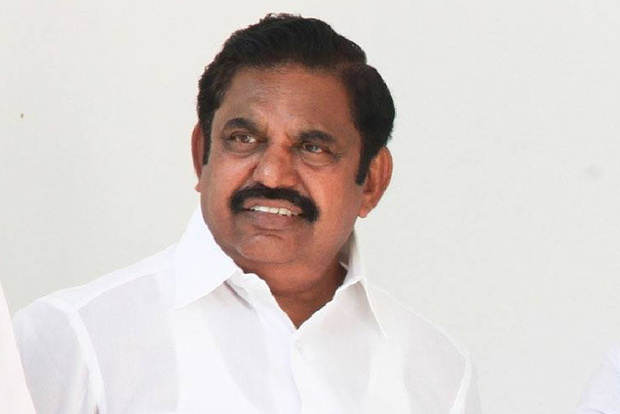
TN adds mental health in CM insurance scheme, but delays guidelines
The announcement by the Tamil Nadu government to include mental health under its Chief Minister's Comprehensive Health Insurance Scheme (CMCHIS) has come as a sigh of relief for many. It is expected that due to the inclusion, the number of people with mental health issues approaching government hospitals will increase.

The announcement by the Tamil Nadu government to include mental health under its Chief Minister’s Comprehensive Health Insurance Scheme (CMCHIS) has come as a sigh of relief for many. It is expected that due to the inclusion, the number of people with mental health issues approaching government hospitals will increase.
For many years, none of the insurance companies in the country included mental health in their health insurance policies.
However, after the Mental Health Act, 2017, came into force, the insurance companies are now pushed to make provisions in their policies for inclusive of mental illness.
According to the act, the mental illnesses which are classified by the World Health Organisation (WHO) based on the International Classification of Disease, can be considered for insurance coverage. The hospitalisation of the patient is mandatory in order to claim the insurance.
While most of the insurance companies are still hesitant to include mental health in their policies, the Tamil Nadu government has set a precedent by including mental health in its insurance scheme.
ALSO READ: Pudukkottai district conducts mental health counselling for sanitary workers
“Last year, autism was included under the scheme. Now the government has sent out an order to include depression, bipolar disorder, schizophrenia and other mental health problems caused by drugs and alcohol. But we are yet to receive the guidelines from the government,” said a Pudukkottai-based government psychiatrist.
“Under the insurance scheme, we will provide drugs and ECT (Electro Convulsive Therapy). For ECT, the patient should be admitted to the hospital,” he added.
Earlier, many mental health patients who needed ECT weren’t able to afford it because of the expenses involved but now, thanks to the insurance policy, they can.
“Guidelines are needed to fine-tune the implementation of insurance. For instance, in case of schizophrenia which is a lifelong mental illness, we need to check after how many years of being affected by the disease, the insurance can be claimed. Likewise, we need to check whether the claim is applicable if ECT is given before or after admission to the hospital. We haven’t received the guidelines, and without it, we cannot implement the scheme,” said Dr. Poorna Chandrika, director, Institute of Mental Health, Chennai.
While the inclusion of mental health in the insurance scheme has been welcomed by many, there is also a sense of dissatisfaction among government doctors.
“First of all, why should a patient need insurance if he or she is to get treatment from public sector hospitals? After the implementation of the insurance scheme, PG students in government colleges are deployed to prepare insurance papers for the patients most of the time. Many patients have complained that the doctors tend to ask if they have insurance card even before asking about their illness,” alleged a government mental health practitioner, on condition of anonymity.
ALSO READ: Researchers at IIIT Hyderabad link music with mental health
On the other hand, doctors have also alleged that they are pushed to generate funds from their own department for infrastructural development.
“Under the insurance scheme, a particular sum of amount is going to the respective department. If they depend on that money for infrastructure development, the budget allocated for such development activities will see a cut. Already a very small amount of budget is being allocated to the psychiatry department. If it continues, it becomes a great burden for doctors. The doctors then will run after fund generation instead of treating patients,” he claimed.


